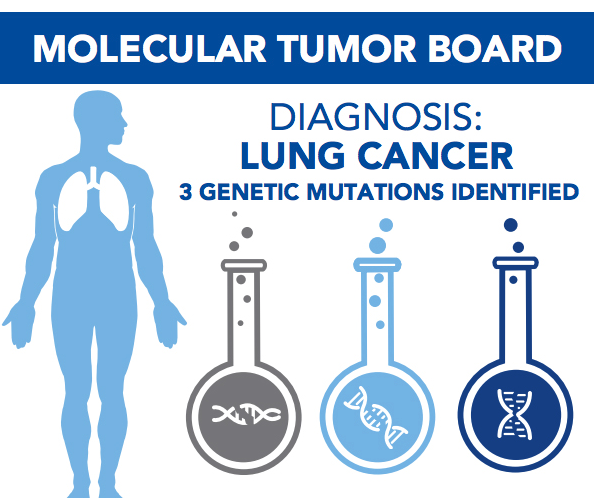Biography
Dr. Kummar is Professor of Medicine and Director of the Phase I Clinical Research and Translational Oncology Programs at Stanford University. Prior to joining Stanford in 2015, Dr. Kummar served as the Head of Early Clinical Trials Development in the Office of the Director, Division of Cancer Treatment and Diagnosis, National Cancer Institute, Bethesda, Maryland. Her research interests focus on developing novel therapies for cancer, conducting pharmacokinetic and pharmacodynamic driven first-in-human trials. The clinical studies integrate genomics, imaging, and laboratory correlates into early phase trials. She serves on multiple national and international scientific committees and has published >125 papers in peer review journals.
Session Abstract – PMWC 2020 Silicon Valley
The Molecular Tumor Board (MTB) was mostly established to facilitate the incorporation of molecular diagnostics into the consideration of appropriate therapies for patients with late stage cancer. Initially, much of the deliberation was focused on understanding the results of such testing, as reporting of results was limited in scope and frequently understandable only to cutting edge experts in the field. Improved, but still not perfect, reporting now exists, so discussion has shifted to prognostic and therapeutic considerations. That said, the collective experience with rare mutations and off label therapies is still such that collective wisdom is necessary. This brings up the issue of how MTBs collect, share, and preserve data within a specific MTB, and perhaps more importantly, how it might be shared amongst MTBs and beyond. While initial activity related to MTBs resided almost exclusively in large academic, and select community, medical centers, there is now significant effort in the commercial setting as well, with a number of intriguing efforts presently underway. Important and evolving issues, such as defining which patients are most likely to benefit from the efforts of a MTB, Virtual MTBs, and the generation of Real World Evidence, will be discussed.









